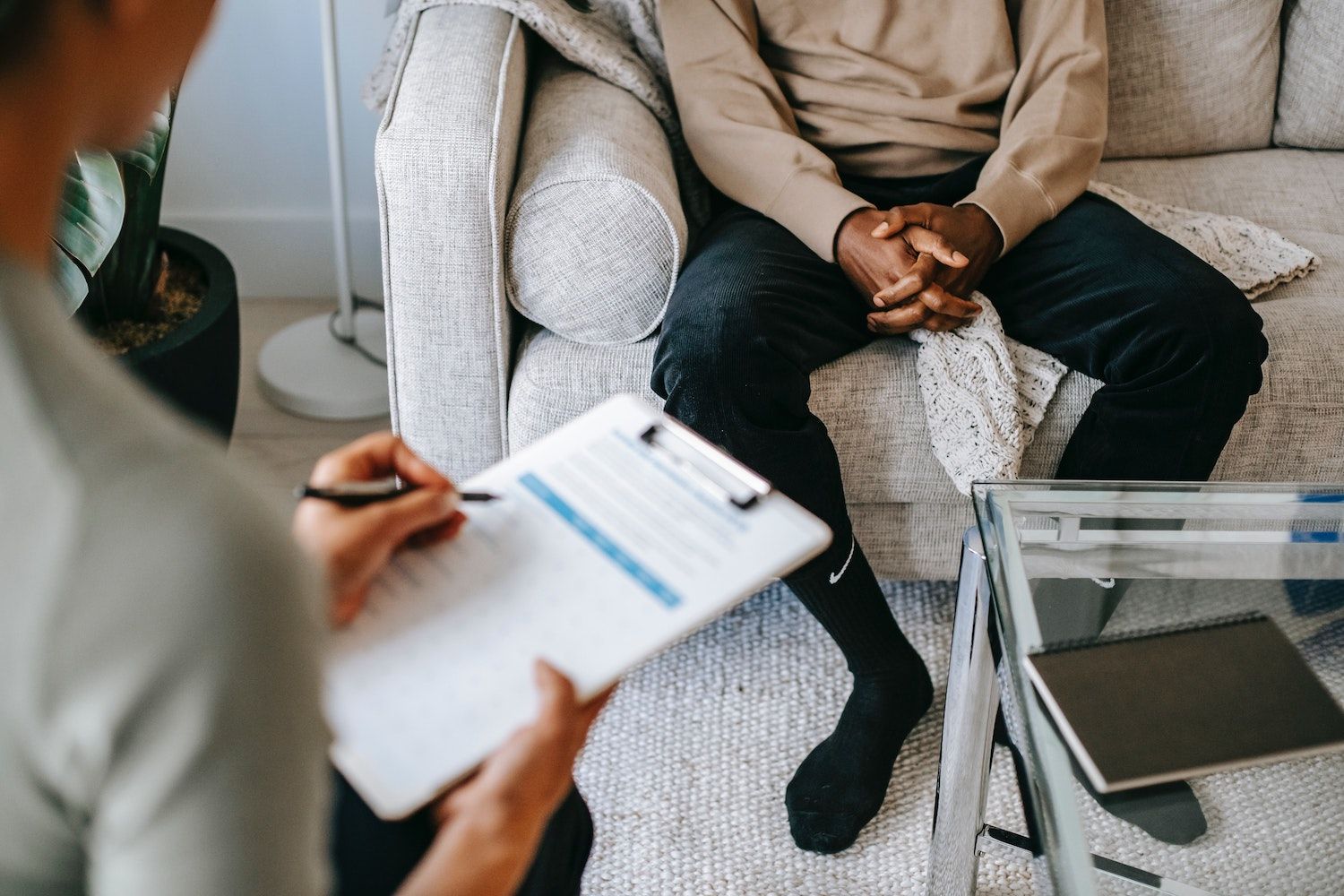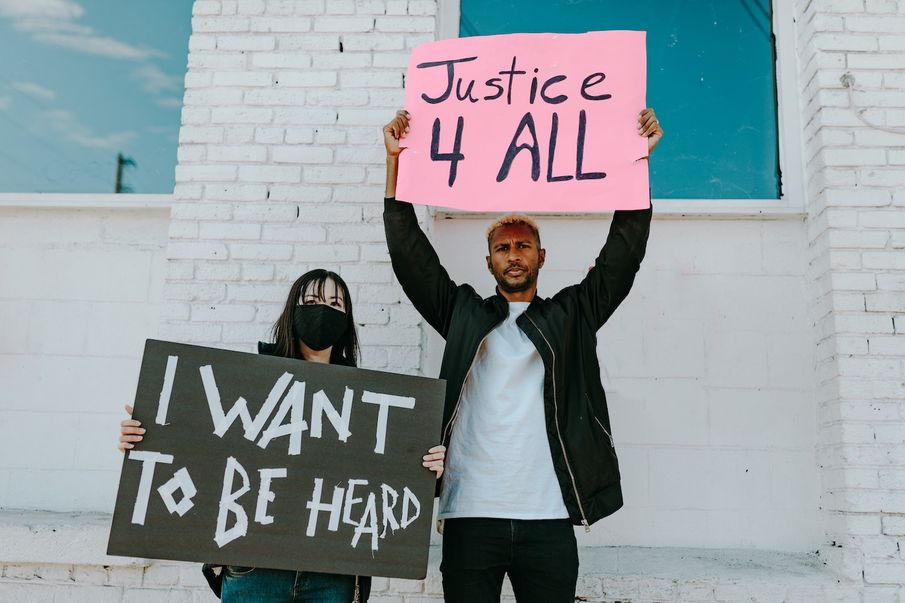We’re shining a light on the inequalities impacting mental health and discuss what needs to change
Every time a mental health awareness day rolls around, my social media feeds fill with people saying the same thing; awareness isn’t the problem... Getting the right support is. Talking about mental health is necessary and something we care deeply about here at Happiful, but this talk can only go so far. The truth is, action is needed to bridge some serious accessibility gaps in the mental health industry.
For World Mental Health Day this year, the World Federation for Mental Health has noted this and has centred the theme around mental health in an unequal world.
“2020 highlighted inequalities due to race and ethnicity, sexual orientation and gender identity, and the lack of respect for human rights in many countries, including for people living with mental health conditions. Such inequalities have an impact on people’s mental health.
“This theme, chosen for 2021, will highlight that access to mental health services remains unequal, with between 75% to 95% of people with mental disorders in low- and middle-income countries unable to access mental health services at all, and access in high-income countries is not much better.”
As well as difficulty accessing services, certain groups of people are disproportionately affected by mental illness thanks to the unequal world we live in. Stats found via the Mental Health Foundation make for sobering reading.
- Those with long-term physical conditions are more likely to have lower wellbeing scores than those without.
- Black people are four times more likely to be detained under the Mental Health Act than white people.
- Almost half of trans people have thought about taking their life.
And this is just the tip of the iceberg. Rather than getting caught up in the injustice and hopelessness that can come when seeing these figures, it’s essential that we not only raise awareness of these inequalities but consider how we can take action to make a change.
What needs to change?
To learn more about the changes needed from someone who works in the mental health industry, we spoke with psychotherapist Carol-Anne Cowie. Working with both private clients and those coming to the charity she volunteers for (Cairns Counselling), Carol-Anne has a unique perspective on the barriers to access.
Noting the inequalities faced by people of colour, those in the LGBTQ+ community and disabled people, Carol-Anne explains that the impact of not being heard is what contributes to poor mental health and the long-term impact can be devastating.
Being heard requires getting the right support and, of course, the cost of private counselling and long NHS waiting lists is an instant barrier people can face. Carol-Anne recommends researching self-help online in these instances, looking for peer support and charities that can help.
The new ‘Every Mind Matters’ campaign from the Office for Health Improvement and Disparities (OHID, previously Public Health England) highlights free practical tips and advice, aimed to help people find what works for them. Answering five simple questions allows you to access a tailored ‘mind plan’ to help you look after your mental wellbeing.
Another barrier, however, is that when someone gets to the service they need, they may not be met with someone who truly understands what they’re going through.
Carol-Anne explains that this is down to inequality within the counselling profession itself.
“Within my experience, counselling is predominantly white middle-class people. Counsellors are coming from a place of privilege and I feel like there's so much more that needs to be done to have a diverse range of mental health professionals, so that people can access a service where they will feel heard and understood rather than marginalised and discriminated against.”
When discussing what can be done about this, Carol-Anne says there needs to be funding in place for those who want to train to be counsellors. Currently, the training is expensive and requires people to work for free, which is not something everyone can do. “Why should people be excluded just because they can't afford to go through that process?”
An organisation seeking to make this change is Counsellors Together UK who are conducting research, lobbying the government and raising public awareness.

When it comes to creating equity, Carol-Anne says it needs to come from the government to drive societal change. But, there are things members of the public can do, including joining mental health campaigns, lobbying our MPs and creating strong community ties.
“I feel if that's established, then people can identify those who are perhaps vulnerable, who would be susceptible to mental health issues, and even just reaching out for a physical visit or a socially distanced online call allows people to help each other within communities.”
Our pledge
As we’ve seen here, raising awareness of these topics is a step in the right direction, but action is the only way change will happen. This is why, as well as being committed to providing accessible support through our free Happiful app (where you can access self-help content and local peer support groups) and free e-magazine (where you can read our magazine content for free, online), we have created a new Diversity and Inclusion pledge.
Essentially, we’ll be focusing on three areas, our magazine, our podcast and, of course, the heart of it all - our company. Our pledge outlines what we’ll do to ensure we’re truly practising what we’re preaching.
Today you will no doubt see people talking about mental health but our question for you is what will you do off the back of these conversations?
If you're able to access private counselling and you're looking for a therapist who understands you, Counselling Directory lists thousands across the country.


Comments